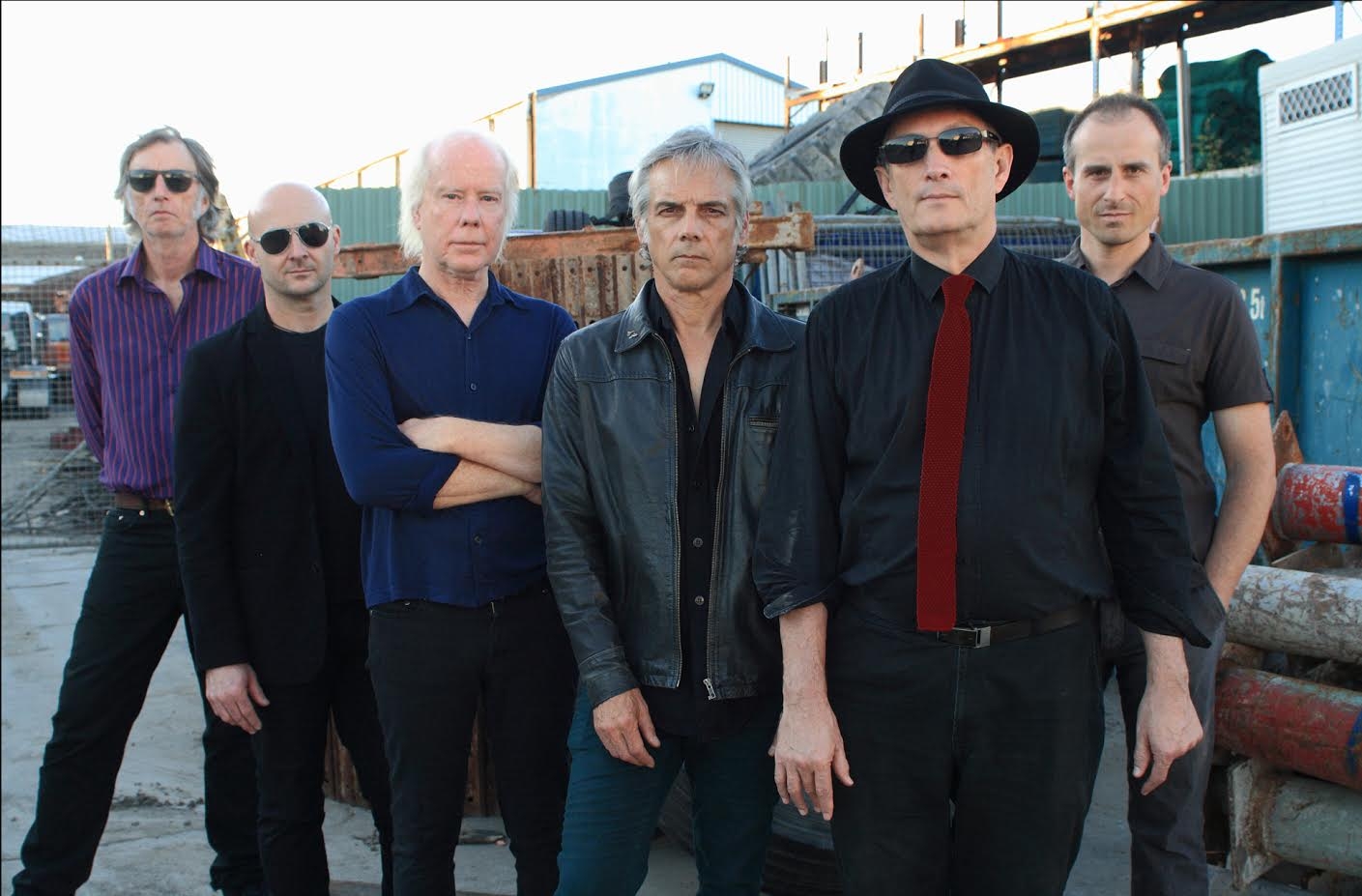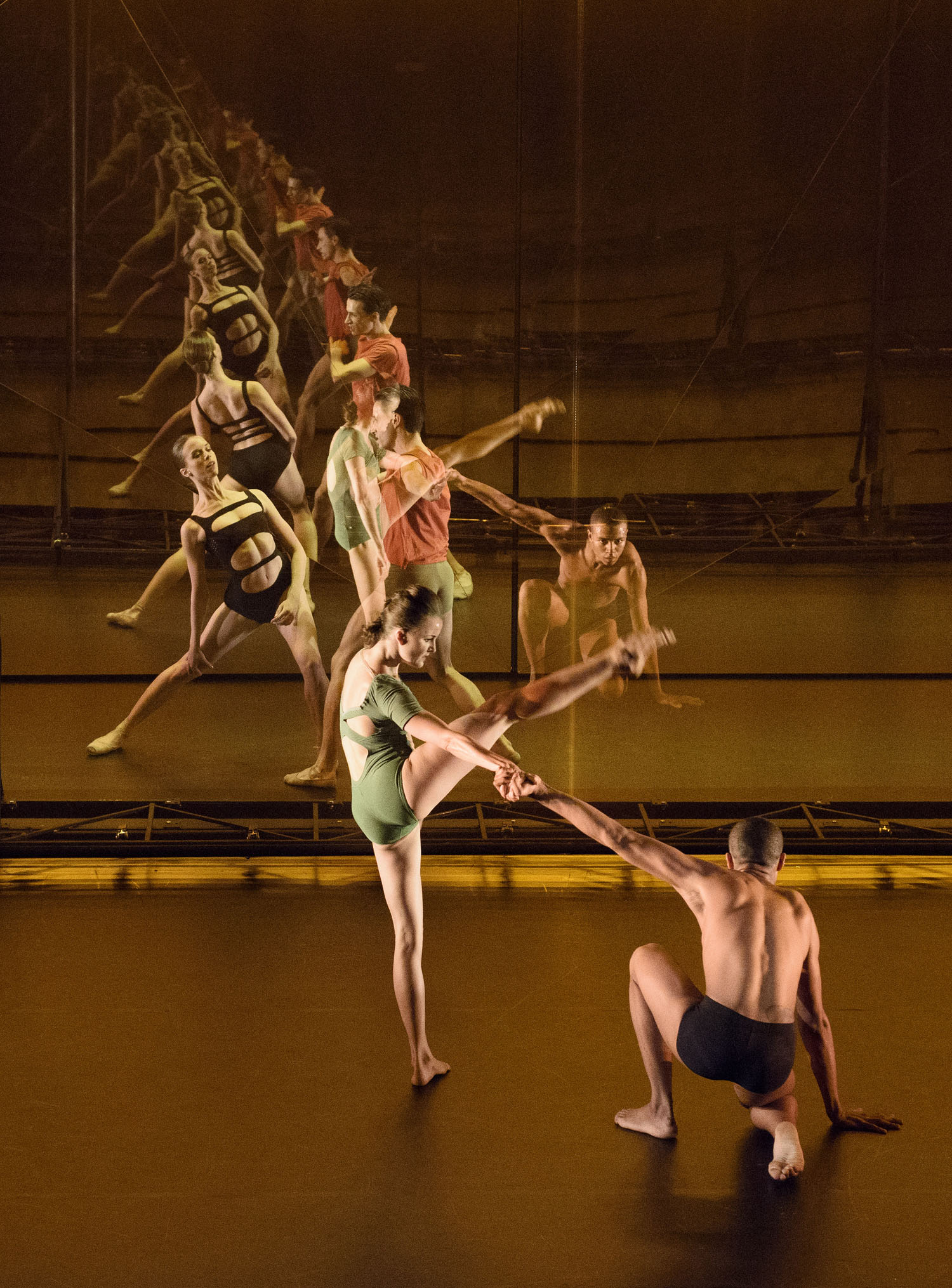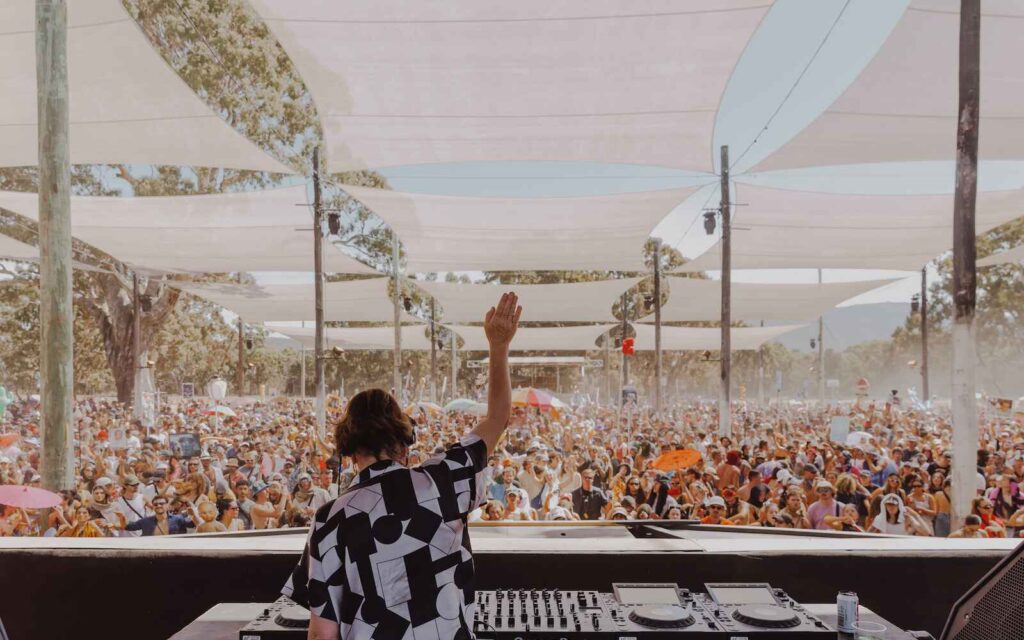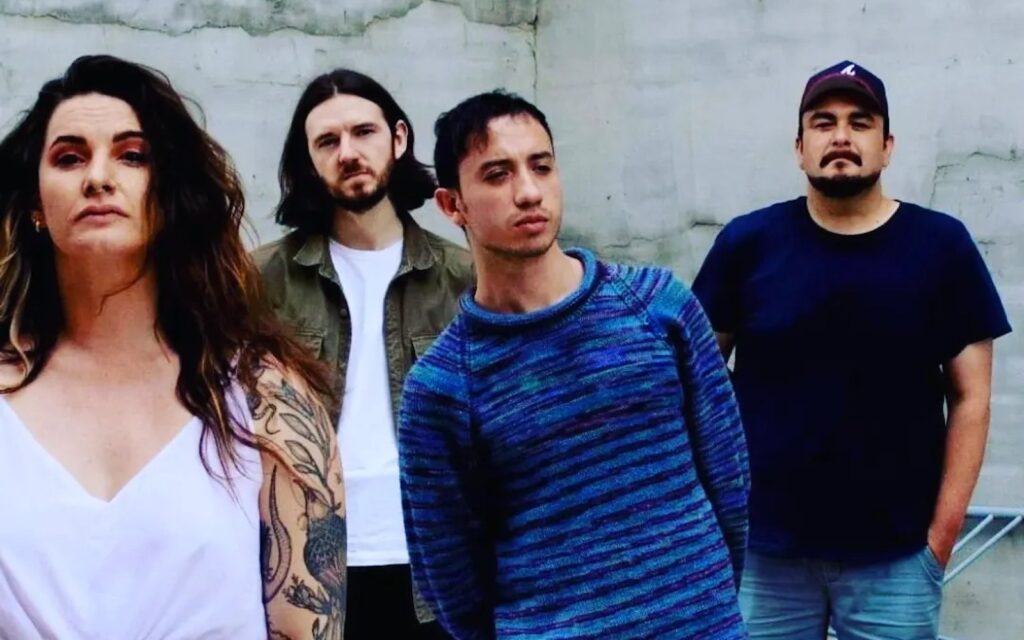But in hindsight, Radio Birdman was the product of the same set of socio-political symptoms that underpinned the emergency of punk rock as a sub-cultural force in the United States and England in the ’70s. It’s not coincidental that Radio Birdman’s Burn My Eye EP was released around the same time as The Ramones’ debut album in 1976, and Birdman’s debut album Radios Appear at the same time as the Sex Pistols’ Never Mind the Bollocks.
Radio Birdman guitarist and principal songwriter Deniz Tek had seen another couple of bands posthumously labelled garage-punk, the MC5 and the Psychedelic Stooges, in his hometown of Ann Arbor, Michigan in the late ’60s. To Tek, these bands just played hard, wild music. “I loved the music and especially the early days of The Stooges when they were the Psychedelic Stooges, it was totally free form, what they used to call energy freak outs,” Tek says.
As MC5 guitarist Wayne Kramer remarked years later, punk wasn’t a label that anyone in the Detroit garage rock scene wanted to wear. Kramer, who was languishing in gaol on drug offences at the same time as punk rock exploded, noted that in gaol ‘punks’ were soft targets.
With the benefit of 40 years of hindsight, Tek agrees that Radio Birdman was part of a social movement that can be broadly, if nebulously, ‘punk’. “The attitude that we had, which was anti-authority, anti-establishment and being independent, fiercely independent and almost having an outlaw status – which we didn’t start out having but which was conferred on us and we adopted and ran with,” Tek says.
“It was very much consistent with the attitude and politics of the punk movement at that time. We were quite happy to see that happen and we welcomed that.”
At the nucleus of Radio Birdman lay a collection of talented musicians and occasionally fractious personalities. Despite – or maybe because of – the tension within the band, between 1975 and 1977 Tek entered a purple period of songwriting. “I think it was just the quality of the guys in the band,” Tek says.
“It quickly became obvious that they could handle just about anything that I threw at them. They were very receptive to me writing and suggesting parts for them to play. And then also coming with ideas of their own to add to the mix.”
But within the first few weeks of Radio Birdman’s 1978 European tour, stress fractures within the band were starting to show. When Sire Records, which had signed Radio Birdman in ’77, dropped the band as part of a wider strategy to stave off bankruptcy, Birdman lost support for the tour. A planned tour of the US later in the year with The Ramones was also ditched. When Birdman arrived at Rockfield Studios in Wales to record Living Eyes, drummer Ron Keeley and bass player Warwick Gilbert were ready to jump ship.
“When we left Australia, within the band we were very unified. It was only after we got over there that things started to come apart,” Tek says. “When we were in Australia, we were quite happy to be independent and doing our own thing without label support before. But we were overseas and didn’t know anybody. It wasn’t the same as do-it-yourself in Sydney.”
It would be almost 20 years before Radio Birdman played together again. 21 years after Birdman’s first reunion tour, Radio Birdman is still playing – albeit without Keeley, Gilbert and guitarist Chris Masuak (who was dismissed from the band a few years ago).
For its upcoming shows, Radio Birdman will be joined by Died Pretty, fronted by Ron Peno. Back in the day Peno was part of Birdman’s original cadre of supporters, even playing alongside Birdman as lead singer of The Hellcats. “He was a great front man,” Tek says. “He was tiny and could bend his body in all sorts of different ways. And here we go, we’re going to be playing with him again after all that time.”







